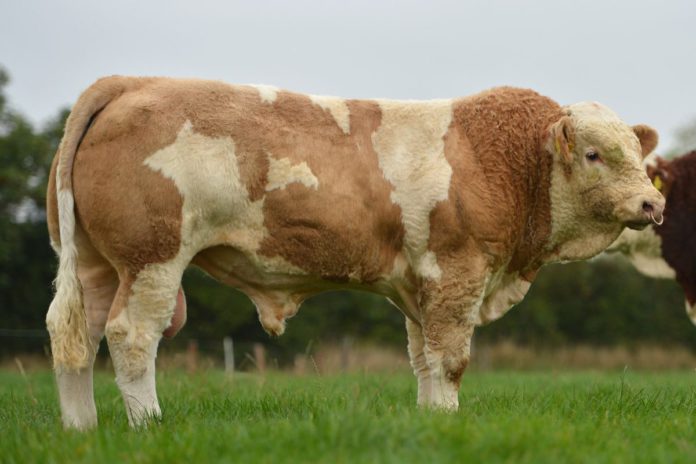Minister McConalogue has outlined the government’s definition of the term ‘herd stabilisation’.
TD for Laois-Offaly, Carol Nolan, recently asked Minister Charlie McConalogue to clarify
his understanding with respect to policies or commitments impacting the national herd.
In response, Minister for Agriculture, Food and the Marine, Charlie McConalogue, said:
“The term ‘stabilisation’, in the context of the deputy’s question, refers to the government’s position on maintaining a stable herd.”
“Looking back over the last decade, data from the CSO’s June Livestock Survey indicates that the total number of cattle has increased by 11% over the period from 2010-2021. The total number of cows increased by 14% over that period.”
“The government’s position is to maintain a stable number of animals in the herd while reducing the absolute emissions of the sector and improving the carbon footprint of our produce.”
He said with herd stabilisation, the focus over the coming decade will be the “increased and early adoption” of existing carbon mitigation measures while working to develop new abatement measures through research and innovation.
“National herd numbers by 2030 will be determined not only by how technology and innovation deliver for the agricultural sector, but also to what extent livestock farmers embrace other opportunities and voluntarily diversify to other agricultural enterprises, for example extending organic farming practices.”
He pointed to the Food Vision 2030 strategy’s commitment to produce detailed plans by Quarter 2 of next year to manage the dairy and beef sector’s sustainable environmental footprint.
“I will be prioritising that action,” he informed the deputy.
Climate Action Plan
During the exchange, the minister also pointed to the government’s new Climate Action Plan.
It sets out a 22-30% reduction in agricultural GHGs by 2030, with a starting point of 23MT.
It aims to bring emissions into a range of 16-18 MT by 2030, reducing between 5-7 MT.
The minister acknowledged that while the sector’s target is challenging, he is confident it is achievable.
In response, Deputy Nolan said:
“The minister’s claim that national herd numbers by 2030 will be determined by the extent to which livestock farmers ‘voluntarily diversify’ to other agricultural enterprises is completely disingenuous.”
“It ignores the repeated warnings issued by the likes of Macra na Feirme and others that farmers are essentially being financially coerced to embrace eco-schemes at an escalated rate or face significant income reductions.”
“Nothing in the minister’s reply will ease concerns that herd reduction remains a de facto, stealth policy of this government.”
Other articles:





